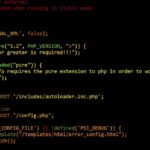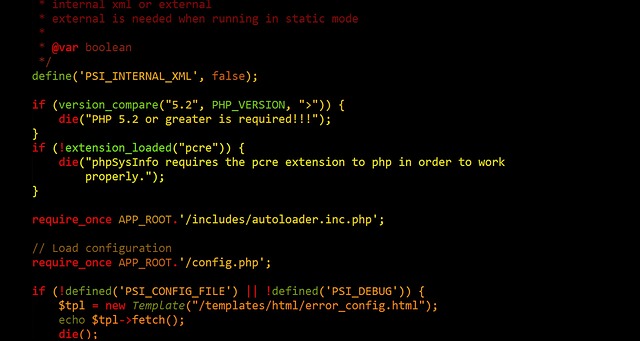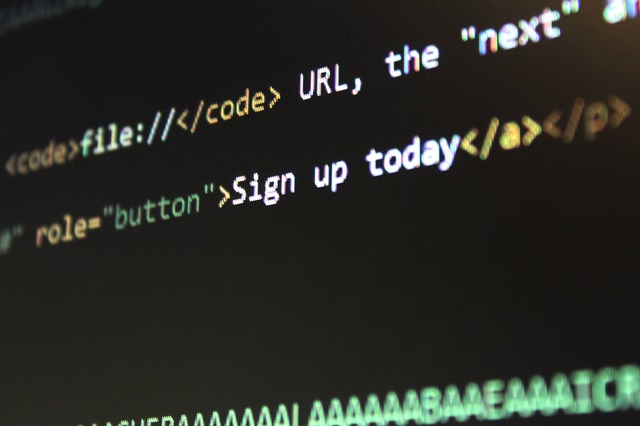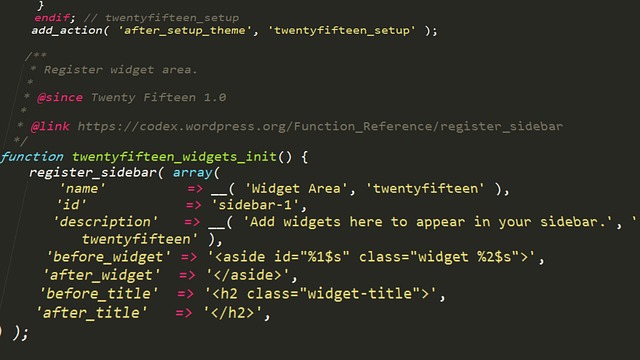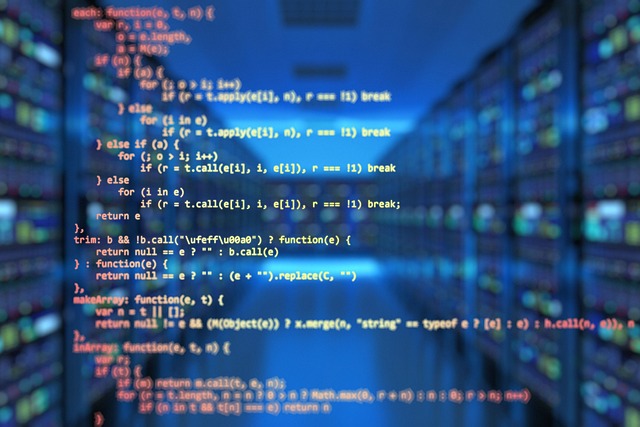The open source content management system (CMS) Joomla is a favored selection for web developers and designers, providing a variety of features and customization options. Yet, with its rising popularity brings the necessity for security. Is Joomla secure?
In this article, we’ll analyze the security measures Joomla has in position to guard its users and their data, as well as some top practices to stick to in order to keep your Joomla website safe and secure.
What is Joomla?
Joomla is a free and open source content management system (CMS) employed to create and manage websites, blogs, and web applications. It is highly adjustable, permitting developers to tailor the platform to their necessities, while also providing a range of plugins and extensions to boost the functionality of the website.
Is Joomla Secure?
The good news is that Joomla takes security seriously, and has a number of measures in place to make sure the safety of its users and their data.
Joomla releases regular security updates to patch any weaknesses, and these are applied immediately when a new update is released. In addition, Joomla has built-in features such as a user-friendly administrative interface, log in protection, and secure passwords to ensure the protection of users and their data.
Best Practices for Keeping Joomla Secure
Although Joomla has built-in security measures, there are some extra steps users can take to make sure their website is as secure as possible.
The first is to always utilize the most recent version of Joomla, as this will have the most up-to-date security patches. It is also significant to keep all plugins and extensions up-to-date, as they may have security vulnerabilities.
In addition, it’s important to use strong passwords, enable two-factor authentication, and limit access to your admin area. Lastly, it’s a good idea to use a web application firewall to further protect your site from malicious attacks.
Conclusion
Joomla is a popular and powerful CMS, and its security measures are designed to keep its users safe and their data secure. However, it’s important to take extra steps such as using the latest version of Joomla, keeping plugins and extensions up-to-date, using strong passwords, and using a web application firewall to further protect your site. By following these best practices, you can keep your Joomla website safe and secure.



